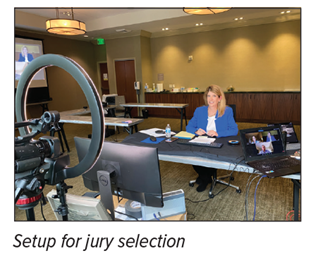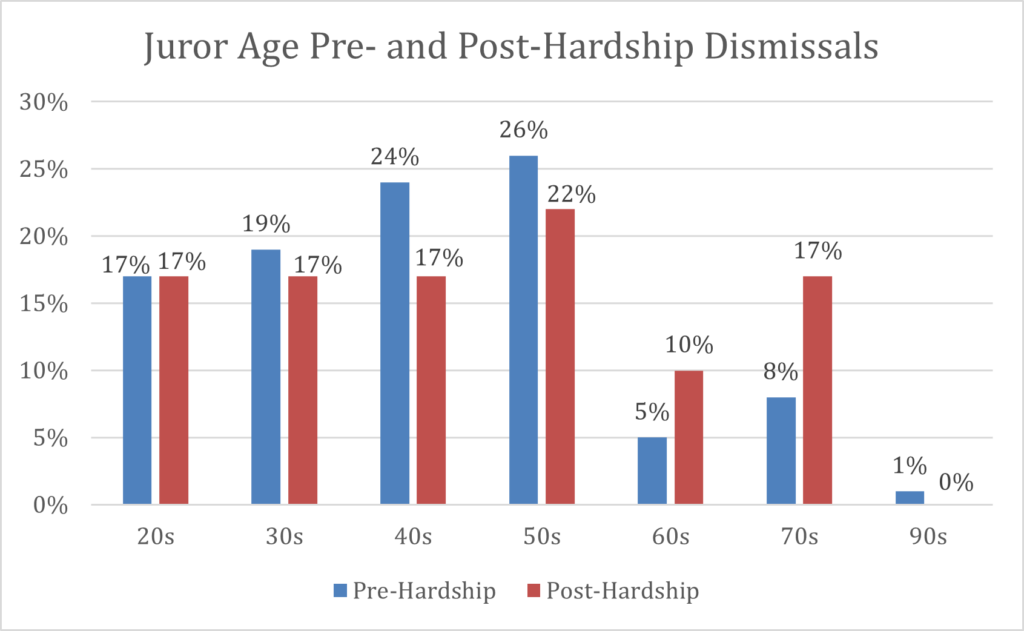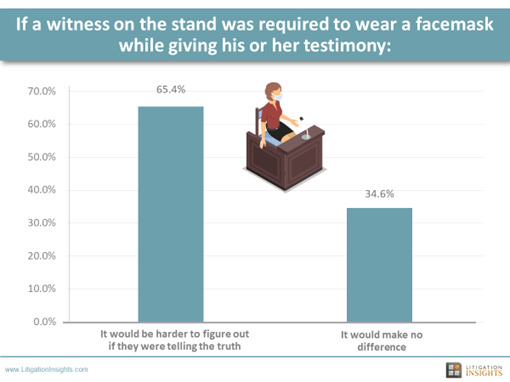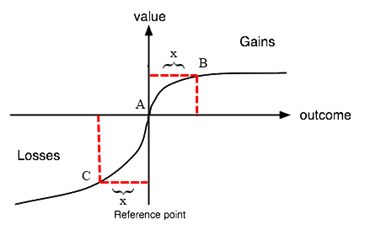A Behind-the-Scenes Look at the Strategy and Psychology of Jury Selection
This post contains quotations1 from an interview with LI’s Director of Jury Research, Dr. Christina Marinakis, by professional poker player Zachary Elwood, on his podcast entitled, “People Who Read People.” Listen to the full episode on YouTube, iTunes, Spotify, or iHeartRadio. On the Game Theory of Voir Dire The best jury consultants and attorneys who participate in voir dire are able to anticipate the next side’s move and what the consequences of that move will be. So when I’m trying to decide who we want on the panel, the only way we can do that is through the striking process.










